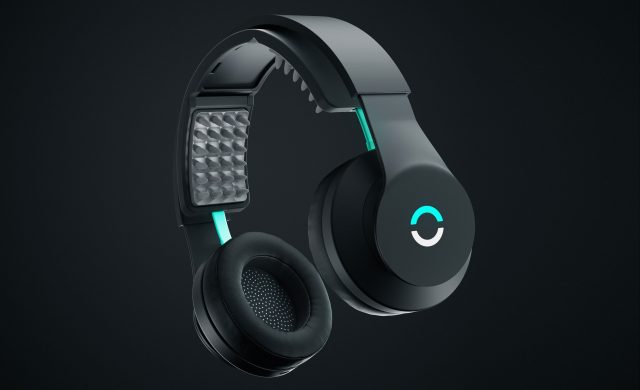
Will the future of doping involve zapping your brain with electrical current? If one believes what San Francisco-based company Halo Neuroscience is claiming, it might well be so.
The firm manufactures devices for transcranial direct stimulation (tCDS)—namely the usage of low-current electrical pulses to fire up certain areas of the brain. The practice is thought to bolster specific neurons and create additional neural connections, improving some cognitive abilities—such as memory, concentration, and learning skills.
Halo’s first product Halo Sport, released last month, focuses specifically on boosting sport performances by delivering 2.0mA pulses to athletes’ motor cortex, a brain area in charge of movements and coordination. The wearable looks essentially like a pair of headphones, but if you look at the underside of the headband you'll see that it's lined with spiky foam-clad electrodes. According to Halo, if an athlete wears them while training, their neurons will react much faster, maximising each session’s gains.
The company is eager to back up its claims with scientific research. So far, it has carried out a series of small-scale studies that seem to lend credibility to brain-zapping’s merits. In one of them, Halo’s team discovered that tCDS sped up the pace at which some volunteers learned to play some chords on a piano. In another study, carried out in partnership with the United States Ski & Snowboard Association, Halo Sport was found to improve professional ski jumpers’ propulsion force by 31 percent (1.7 times more than improvements made by control groups).
None of these studies have been peer-reviewed so far, but according to MIT Technology Review, Halo’s cofounder Dan Chao is aiming at doing so soon.
The arrival of Halo's first commercial product will likely rekindle the debate about tCDS, a practice that has gained a controversial reputation in academic circles. Some studies have effectively demonstrated that electrical current could yield some benefits when it comes to improving memory and reducing fatigue perception—so much so that even the US military started investigating its possible uses.
Other scientists argue, though, that those studies never involved large samples, and that there are not enough long-term studies on tCDS’s effects to release such devices onto the market.
The Halo Sport was available for £380 ($550) directly from Halo's website, but the first wave of devices has sold out. You can sign up to be notified of when there's more stock. If you're a pro athlete or coach, it sounds like there might be more headsets available if you sign up for Halo Sport Pro.
reader comments
26